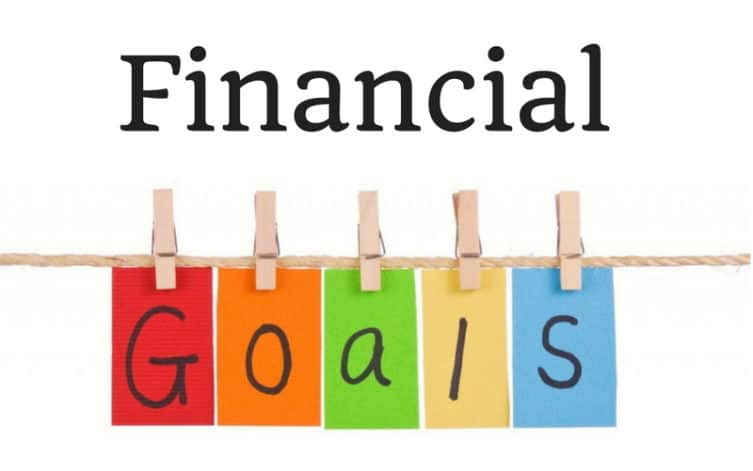With the economy slowing down and many investment products failing to meet investors return expectations it is normal for the common people to feel unsure about the market. This could be a cyclical economic phase, but not having a serious relook at your financial goals and your investment portfolio at this stage may prove to be a costly mistake. The following measures will help you tide over difficult times.
1. Invest in Installments
Investors may find it risky to invest when the market is volatile. Suppose you invest a lump sum amount, say Rs 1.2 lakh, in a mutual fund scheme at a net asset value of Rs 100 and the market falls thereafter this may negatively impact your entire investment corpus. So, the best way to invest during uncertain market conditions is by fragmenting the corpus and investing in instalments. For example, you may invest Rs 1.2 lakh in a liquid fund and start a Systematic Withdrawal Plan (SWP) to invest Rs 10,000 for the next 12 months. This will allow you to get the benefit of rupee cost averaging and minimise the impact of market volatility as your investment is spread over 12 months.
2. Don’t stop SIPs now
Discontinuing SIPs in a downturn is perhaps the biggest mistake an equity investor can make. It defeats the very purpose of the SIP by denying the investor the opportunity to accumulate more when prices are low. The concerns of investors are understandable. Data from mutual fund tracker Value Research shows that SIPs in two out of every five diversified equity funds started three years ago are in the red today.
3. Opt for less volatile funds
In the prevailing market situation, hybrid funds are best placed to protect the downside for the investor. These are structured to limit the volatility in returns and suit investors who can’t stomach ups and downs, yet need some equity exposure. Hybrid funds come in different flavours. Dynamic asset allocation or balanced advantage funds invest across debt and equity, varying the exposure to either segment from zero to 100%, depending on the prevailing valuations. Thus, these funds can swing towards either end of the asset spectrum to contain volatility. Balanced advantage funds also include some element of arbitrage through equity derivatives.
Multi-asset funds, on the other hand, invest across equity, debt and gold in varying proportions, subject to a minimum for each segment. These afford a higher degree of asset diversification under one umbrella. Another category of hybrid nature is equity savings funds. The equity component in these funds is a mix of shares and equity derivatives together comprising at least 65% of the portfolio. The rest is invested in fixed income avenues. The lower direct equity exposure makes the funds less volatile even as they benefit from equity taxation.
4. Stay Insured
Whether the market is stable or not, you may face severe financial challenges if you are not ready to face unforeseen risks like an accident, hospitalization, etc. The only way to stay financially protected from such risks is by getting an appropriate insurance cover. For example, for health-related risks, consider taking a comprehensive health insurance plan with an adequate coverage amount for yourself and your dependent family members. Similarly, you must get a life insurance cover to ensure your family doesn’t suffer financially after your demise.
5. Stay low on Debt
When you are unsure about the market, it’s better to stay low on debt instead of taking the leverage. If the situation worsens, you may find it challenging to repay the debt — something that can easily spoil your financial goals. Gradually, as you become sure that the market is stable, you can take the help of debt to leverage your finances to achieve your major financial goals on time.
6. Diversify your Investments
It is always a good idea to diversify the portfolio to reduce the risk. During times of uncertainty, investors tend to flock to the safety of gold this is evident in the sharp rise in price of gold in recent months. Experts maintain that investors should keep around 10-15% of their portfolio in gold. Investors who had taken some gold exposure would have been partly cushioned from the recent slump in the equity market.
7. Avoid Investing in Property
Builders and housing finance companies are luring buyers with big discounts and low loan rates. The housing market in top Indian cities has not done too well in the past one year. Given the looming threat of an economic slowdown, the situation is unlikely to improve in the next few quarters. Builders are sitting on huge inventories which will take a long time to clear.

